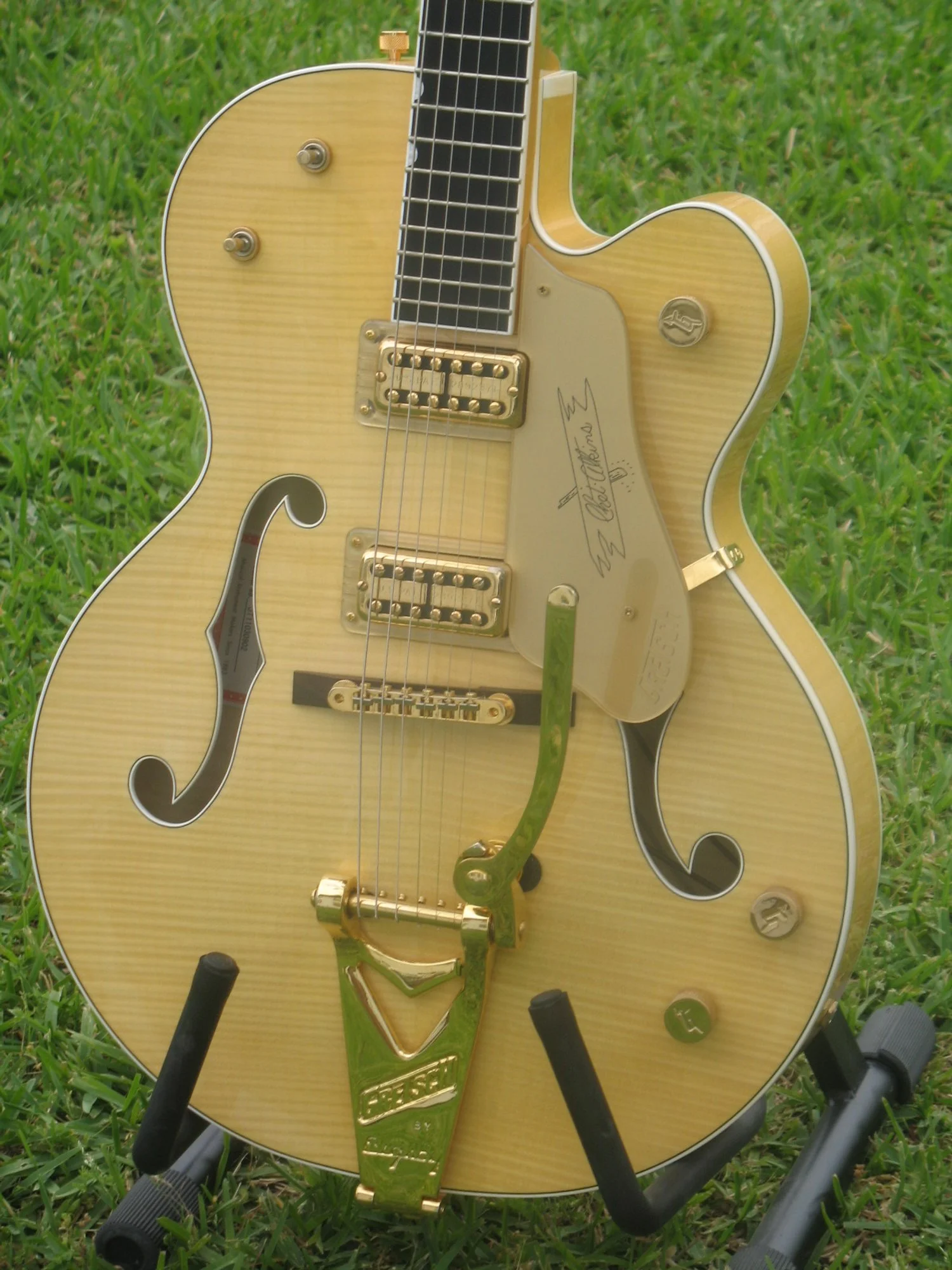The Importance of the Blues - Ryne Rogers
If there is one thing as a music listener or instrument player that you cannot avoid its the Blues. One of the oldest forms of American music around, originating back in the 1860s in African American Culture. The blues is characterized by the call and response pattern, the blues scale, and the specific chord progressions of which the twelve-bar blues is the most common. The blues in a way possesses its own music theory, or as I would like to call interval choices that help sculp a sound.
For example here is your normal major scale intervals, followed by the changes made to present the blues
Major Scale: 1 2 3 4 5 6 7
Major Blues Scale: 1 2 b3 b4 5 6 7
Natural Minor Scale: 1 2 b3 4 5 b6 b7
Natural Minor Blues Scale: 1 b3 4 b5 5 b7
These changes in the major scale, at the time, made blues stick out compared to the music that was around during the time of its evolution. It was so revolutionary that specifically the Flat 5 note was coined with the term “devils note” or ‘’devils interval”. Fun fact the flat 5 is a tritone, and holds the spot as the most dissonant interval in Western music.
Once the Blues started to seep into popular culture it started flourishing into in my opinion what we call modern music. The pattern based composition of the blues started showing its influence in the early 50s and 60s. Bands such as the Beatles, Cream, Led zeppelin, the list goes on and on. These bands were some of the first to implement simple chord progressions, easily repeated-able motifs and lyrics. Making simple things that sound pleasing to the ear the new status quo, instead of pieces being as intricate musically as possible. These changes have stuck around for quite a while even through the 90’s and 2000’s, where musically the popular artist were as far away from the blues than we have seen so far, they still followed rules that blues music set out.
I want finish with a personal story of how the blues has influenced me. I absolutely love rock music, it has been making hair stand up on the back of my neck since I was young. My Favorite guitar player by far is Slash (Saul Hudson), who most people know as a hard rock guitar player with his success in Guns n Rosas. Slash in my opinion is not a hard rock player necessarily, his tone, his look, and band choices have boxed him into this. When I first started learning his style I quickly realized that most if not all of Slash’s style is rooted in the blues. The note choices, the phrasing, the rhythm was all blues licks and blues ideas with a bit more edge on them. This led me down the rabbit hole of the blues and thats how I came to learn how to play it.
I encourage anyone who is reading this to try and find the blues in your life. I unknowingly stumbled upon it and it has helped me not only learn how to play rock, but unlocked a lot of knowledge for any style of music that the blues has influenced!

